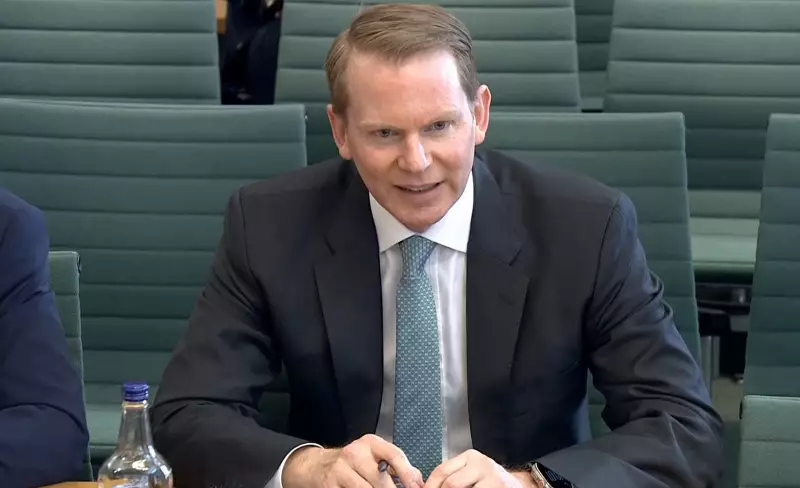
In a stark warning to financial regulators, Lloyds Banking Group Chief Executive Charlie Nunn has called for a halt to plans that would force traditional banks to hold more capital, arguing that such moves would be dangerously mistimed as the private credit sector begins to show cracks.
Nunn delivered his urgent message during the bank's recent first-quarter results presentation, emphasising that penalising high-street lenders while alternative finance faces mounting pressure could severely damage the UK's economic recovery.
The Regulatory Balancing Act
The Prudential Regulation Authority (PRA) has been considering implementing stricter capital buffer requirements for UK banks, a move that Nunn believes would undermine their ability to support British businesses and homeowners.
"We should not be increasing capital requirements for the banking sector now," Nunn stated emphatically. "The private credit market is facing its first real test, and this is precisely the wrong moment to constrain traditional lenders who provide crucial stability to the financial system."
Private Credit Under Pressure
The rapidly growing private credit sector, which has ballooned to become a £1.3 trillion global industry, is experiencing significant stress as higher interest rates bite and economic conditions deteriorate. Unlike traditional banks, these non-bank lenders operate with less regulatory oversight and different capital structures.
Nunn highlighted that while private credit has provided valuable competition and diversity in lending, its current challenges demonstrate why well-capitalised, regulated banks remain essential to financial stability.
Economic Consequences
The Lloyds chief warned that increasing capital requirements for banks would inevitably lead to:
- Reduced lending capacity to businesses and consumers
- Higher borrowing costs across the economy
- Diminished support for UK growth and investment
- Potential exacerbation of any economic downturn
"At a time when we need strong, stable banks to support the economy through potential turbulence, tying their hands would be counterproductive," Nunn argued.
A Call for Regulatory Patience
Nunn's intervention comes as Bank of England officials express growing concern about the private credit market. The sector has enjoyed massive growth during the era of low interest rates but now faces its first major challenge in a higher-rate environment.
Rather than penalising traditional banks, Nunn suggested regulators should focus on ensuring the entire financial ecosystem remains resilient, allowing each component to play its appropriate role during periods of market stress.
The banking leader's comments represent one of the most direct challenges to regulatory policy from a major UK bank chief in recent months, setting the stage for a crucial debate about the future shape of Britain's financial landscape.





